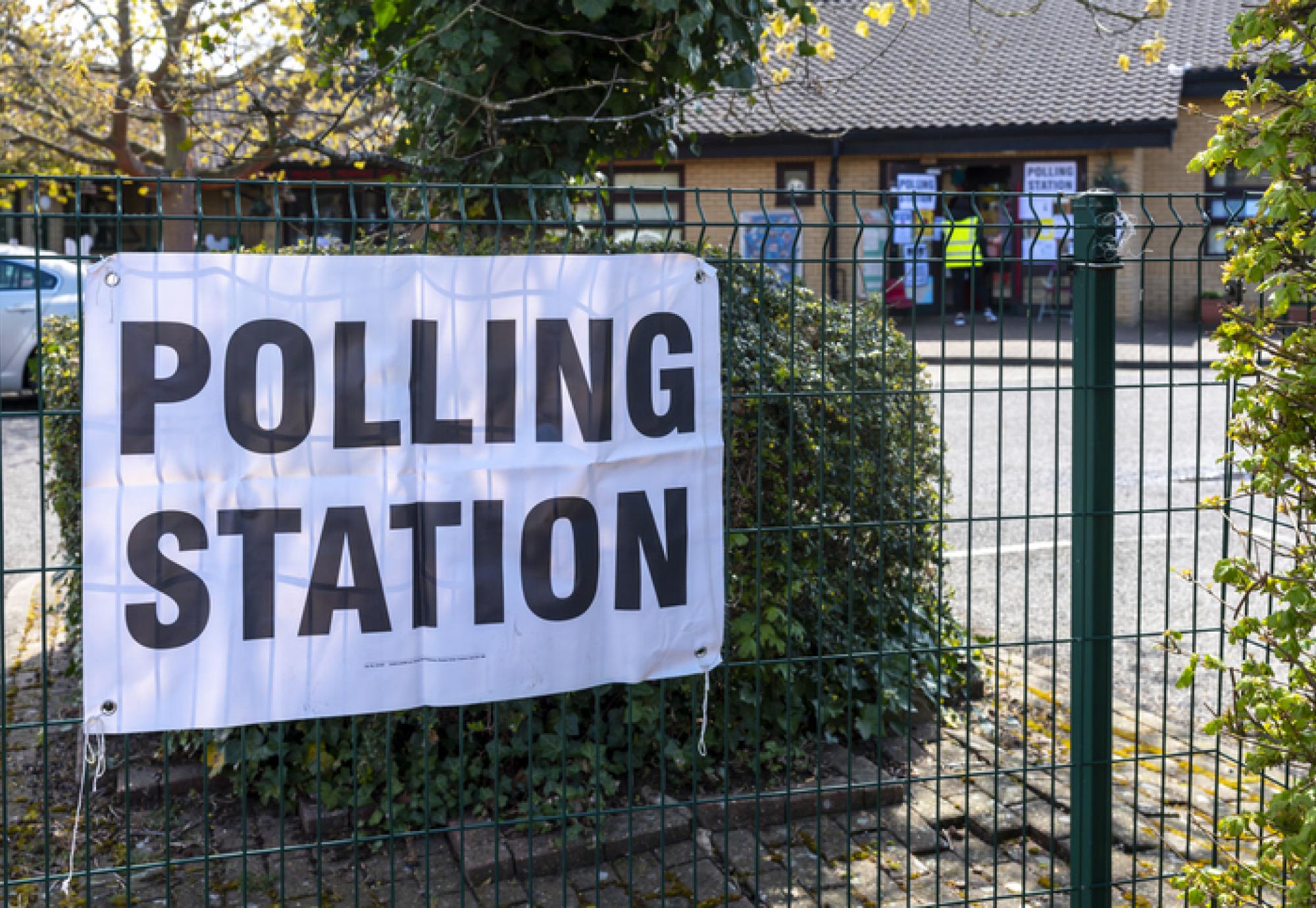Voters in Scotland have embraced preferential voting, using the single transferable vote (STV) in local elections according to new analysis of voter behaviour published ahead of May’s local elections.
In a new report The Power of Preferences written for the Electoral Reform Society (ERS) by Professor of Politics at Strathclyde University, Professor Sir John Curtice found that since its introduction in 2007 voters have increasingly adapted to the preferential STV system.
STV allows voters to rank candidates in order of preference and, apart from local elections in Scotland, is also used in local and Assembly elections in Northern Ireland.
Elsewhere, councils in Wales have been given the power to switch to the system in the future if they wish to do so.
In his analysis, Professor Curtice found that voters have been making more of the opportunity to express multiple preferences offered by STV, ranking more candidates and giving additional votes beyond their primary party choice than before.
Findings include:
- More voters are expressing multiple preferences.
- In the 2017 local elections in Scotland, 85.8% of valid ballot papers contained at least two preferences, similar to the 86.3% figure in 2012, well up on the 78% that did so in 2007.
- Also in 2017, 60.7% of valid ballot papers contained three or more preferences, up on 55.8% in 2012 (and 54% in 2007).
- Most voters are expressing support for more than one party.
The report also included extensive analysis of the outcome of the 2017 local elections, including:
Proporionality
On average across all of Scotland’s 32 councils, the level of disproportionality in 2017 stood at 9.6, almost exactly the same as in 2012 (9.7).
This is far below the average figure of 34.5 for the outcome in Scotland of the last three Westminster elections held using the first past the post voting system.
The role of transfers
Transfers played a greater role in deciding the eventual winner than before, with only 38.5% of candidates elected on first preferences alone in 2017, five points down on the equivalent figure in 2012, and slightly below the 40% who were elected that way in 2007.
As many as 101 seats (8% of all seats) were won by candidates who were not initially in a winning position, well up on the 68 seats in 2012 and 73 in 2007.
The ERS commissioned the report ahead of next month’s Scottish local elections, which will be the fourth time voters have headed to the polls using STV.
Commenting, Chief Executive of the Electoral Reform Society, Darren Hughes said:
“Scotland is a leader in the UK when it comes to fairer votes, using proportional systems to elect their parliament as well as their local councils, where the single transferable vote has been the norm since 2007.
“This report shows how Scottish voters are choosing to make the most of the power of preferences that STV provides when they vote for their local councils. Using it not only to give a second, third or even fourth preference but often using it to express their support for more than one party.
“In Scotland, we see an electorate that has embraced this new form of voting, ranking their preferences instead of being forced by a winner takes all system to take a gamble on one option, which they often view as the least worst.
“With local authorities in Wales now also able to make the change to STV, the results in Scotland offer a powerful example of the benefits of adopting a fairer system. Where local councils north of the border have led the way, it’s time for the rest of the UK to follow and embrace the power of preferences, so making proportional representation the norm.”
Read Should England introduce PR for local elections like England? here and How we can reinvigorate democracy in England by ERS Research and Policy Officer, Michela Palese here



















